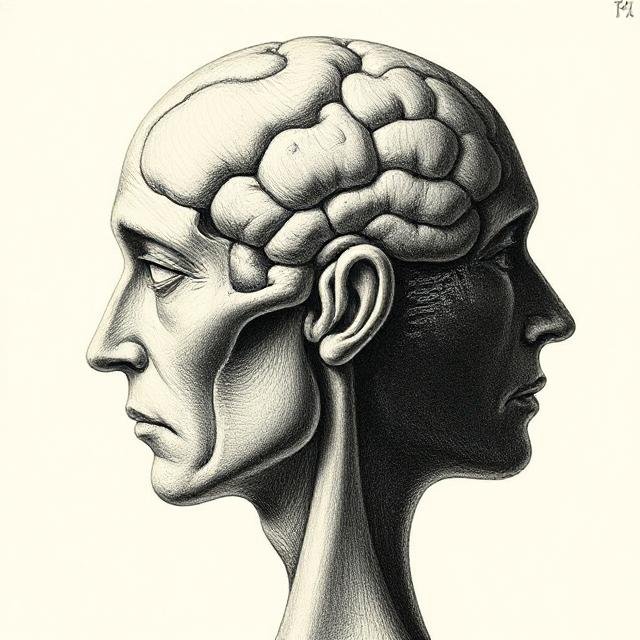What Is Schizoid Personality Disorder?
Schizoid Personality Disorder (SPD) is a mental health condition characterized by a persistent pattern of detachment from social relationships and a limited range of emotional expression in interpersonal settings.
Classified under Cluster A personality disorders in the DSM-5-TR, SPD is considered one of the “odd or eccentric” disorders, along with paranoid and schizotypal personality disorders.
Though often misunderstood, SPD is a legitimate psychological condition that typically begins in early adulthood and persists across various life situations.
Key Characteristics and Symptoms
People with schizoid personality disorder tend to be emotionally detached, introverted, and indifferent to social interaction. They usually:
- Prefer to be alone and engage in solitary activities
- Show little interest in forming close relationships, even with family
- Appear emotionally cold or aloof
- Have limited or flat emotional expression
- Seem indifferent to praise or criticism
- May have difficulty expressing anger or joy
Despite their social detachment, individuals with SPD are often highly functional in roles that require minimal interpersonal interaction and may excel in intellectual or creative pursuits.
How Schizoid Personality Disorder Differs from Other Disorders
vs. Avoidant Personality Disorder
- SPD: Avoids social interaction due to disinterest or lack of desire
- Avoidant PD: Avoids social interaction due to fear of rejection or criticism
vs. Autism Spectrum Disorder (ASD)
While some symptoms may overlap, SPD does not typically involve repetitive behaviors or difficulties with nonverbal communication that are hallmark signs of autism spectrum disorder.
vs. Schizotypal Personality Disorder
- SPD: Lacks interest in relationships and shows emotional detachment
- Schizotypal PD: Includes odd beliefs, magical thinking, and eccentric behavior
Causes and Risk Factors
The exact cause of schizoid personality disorder is not fully understood, but several contributing factors may include:
- Genetics: A family history of schizophrenia, schizotypal, or schizoid traits
- Early Environment: Emotional neglect, lack of warmth, or detachment in early caregiver relationships
- Neurological factors: Abnormalities in brain functioning related to emotional processing or social reward systems
SPD is more commonly diagnosed in men than in women and often co-occurs with depressive disorders or other personality disorders.
Diagnosis and DSM-5 Criteria
To be diagnosed with SPD, an individual must meet at least four of the following DSM-5-TR criteria:
- Neither desires nor enjoys close relationships, including family
- Almost always chooses solitary activities
- Has little interest in sexual experiences with another person
- Takes pleasure in few, if any, activities
- Lacks close friends or confidants other than first-degree relatives
- Appears indifferent to praise or criticism
- Shows emotional coldness, detachment, or flattened affectivity
The pattern must be long-standing (starting in early adulthood) and not better explained by schizophrenia, mood disorders with psychotic features, or autism spectrum disorder.
Treatment Options for Schizoid Personality Disorder
Treatment can be challenging because individuals with SPD often don’t seek help, seeing no issue with their lifestyle. However, when motivated, they can benefit from several approaches:
Psychotherapy
- Cognitive Behavioral Therapy (CBT): Helps improve emotional awareness and interpersonal functioning.
- Supportive Psychotherapy: Encourages gradual emotional expression and trust-building with the therapist.
- Group therapy: May help develop basic social skills—though participation can be difficult for those with SPD.
Medications
There are no medications specifically approved for SPD, but certain drugs may help with co-occurring symptoms like depression or anxiety, including:
- SSRIs for mood regulation
- Low-dose antipsychotics in rare, complex cases
Living with Schizoid Personality Disorder
While people with SPD may lead isolated lives, many find satisfaction in solitude and intellectual work. With supportive therapy and self-awareness, it is possible to:
- Develop basic social skills
- Improve emotional understanding
- Build healthier routines and manage stress
The goal is not to force extroversion, but to enhance quality of life and functional independence.













